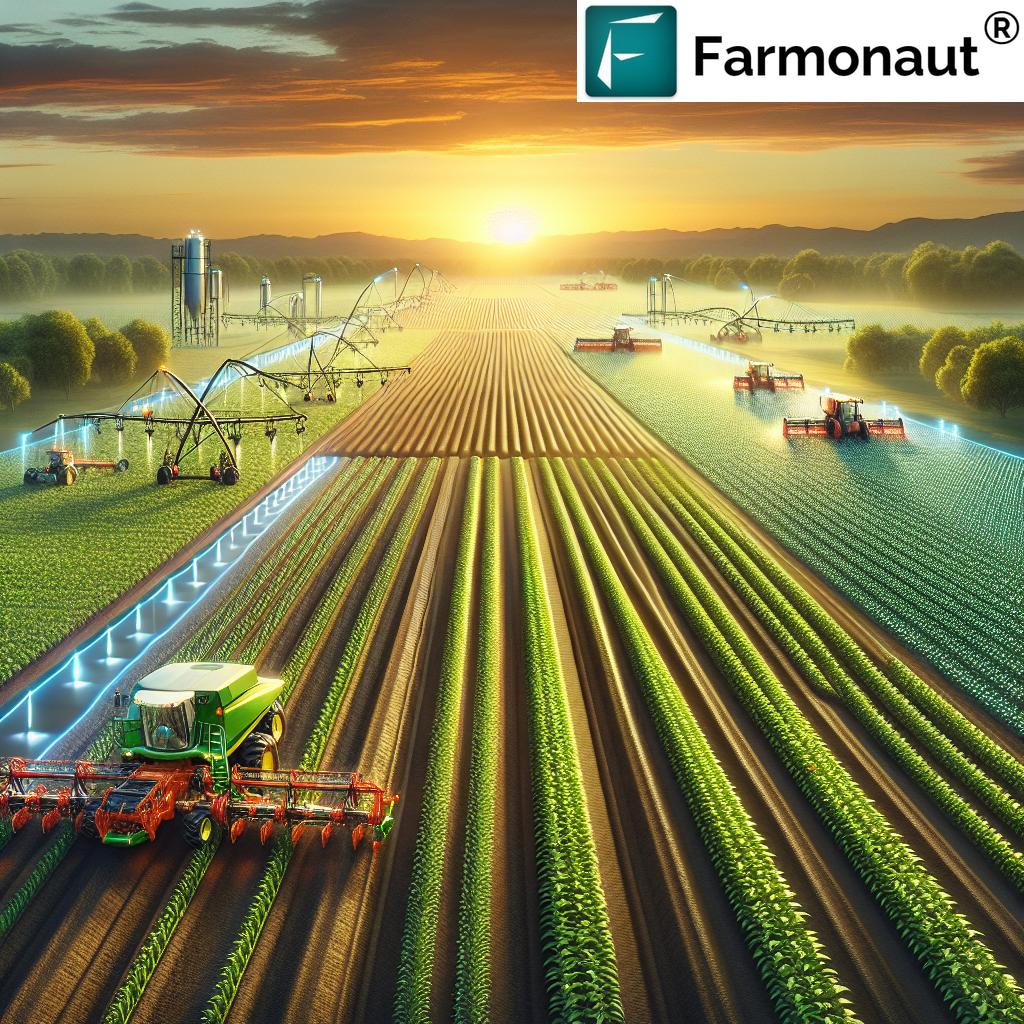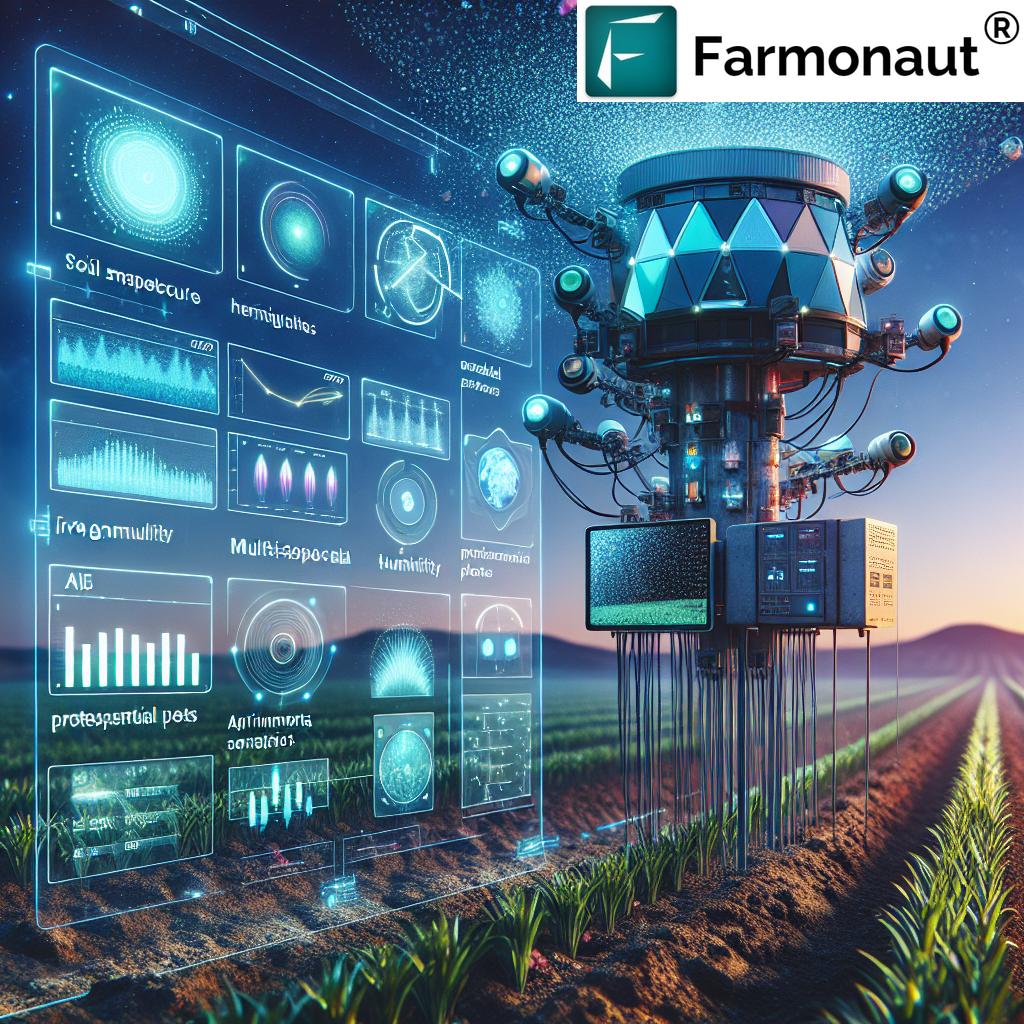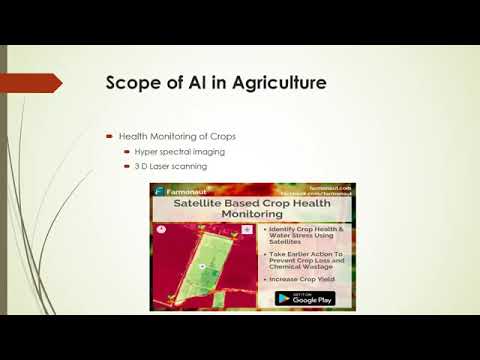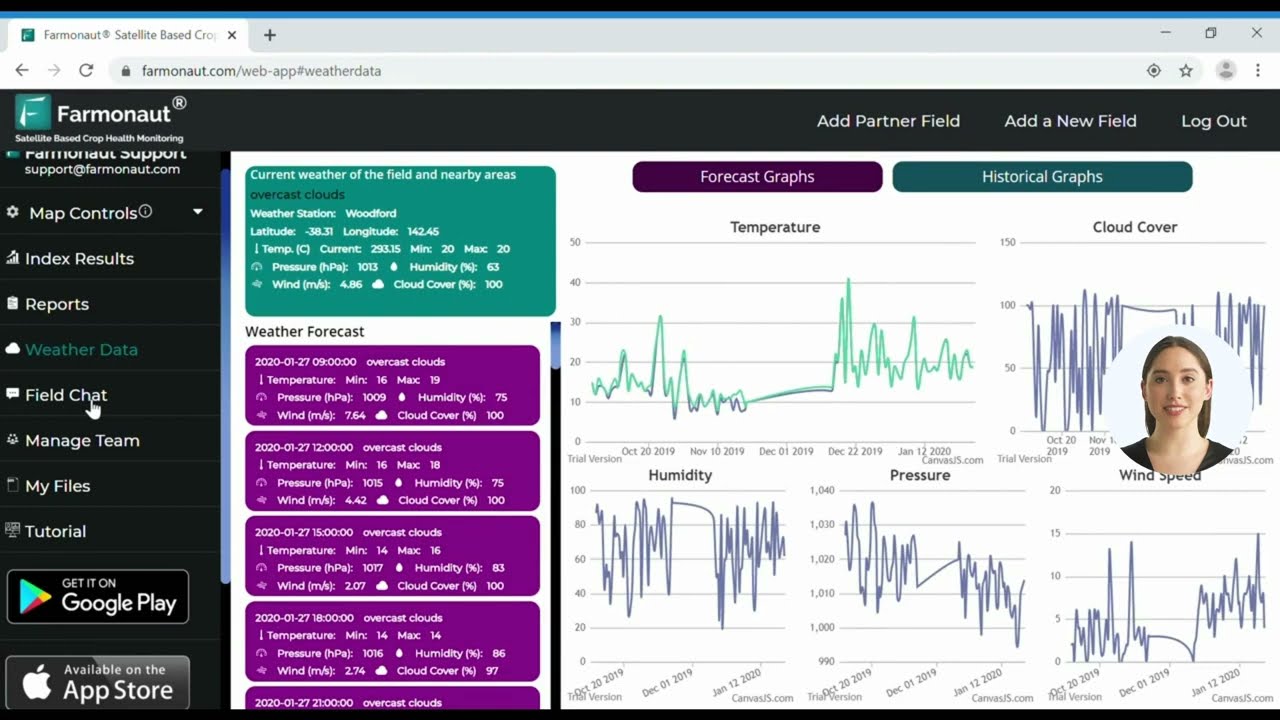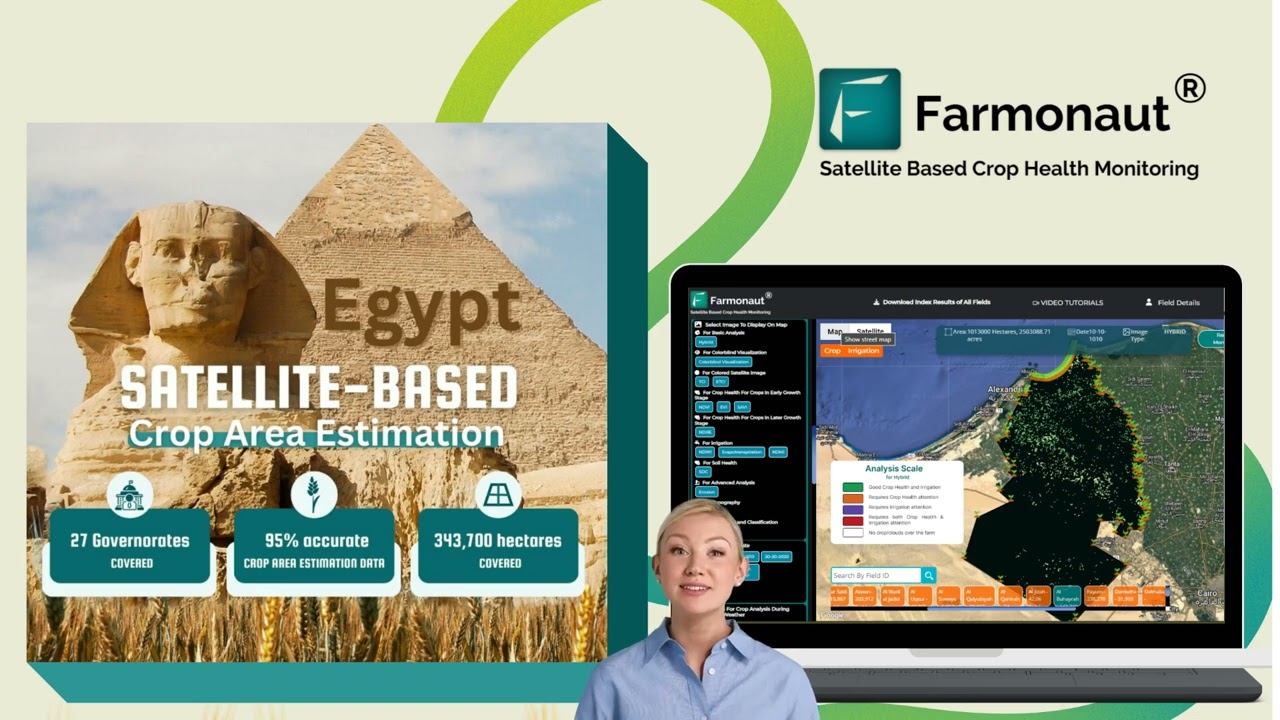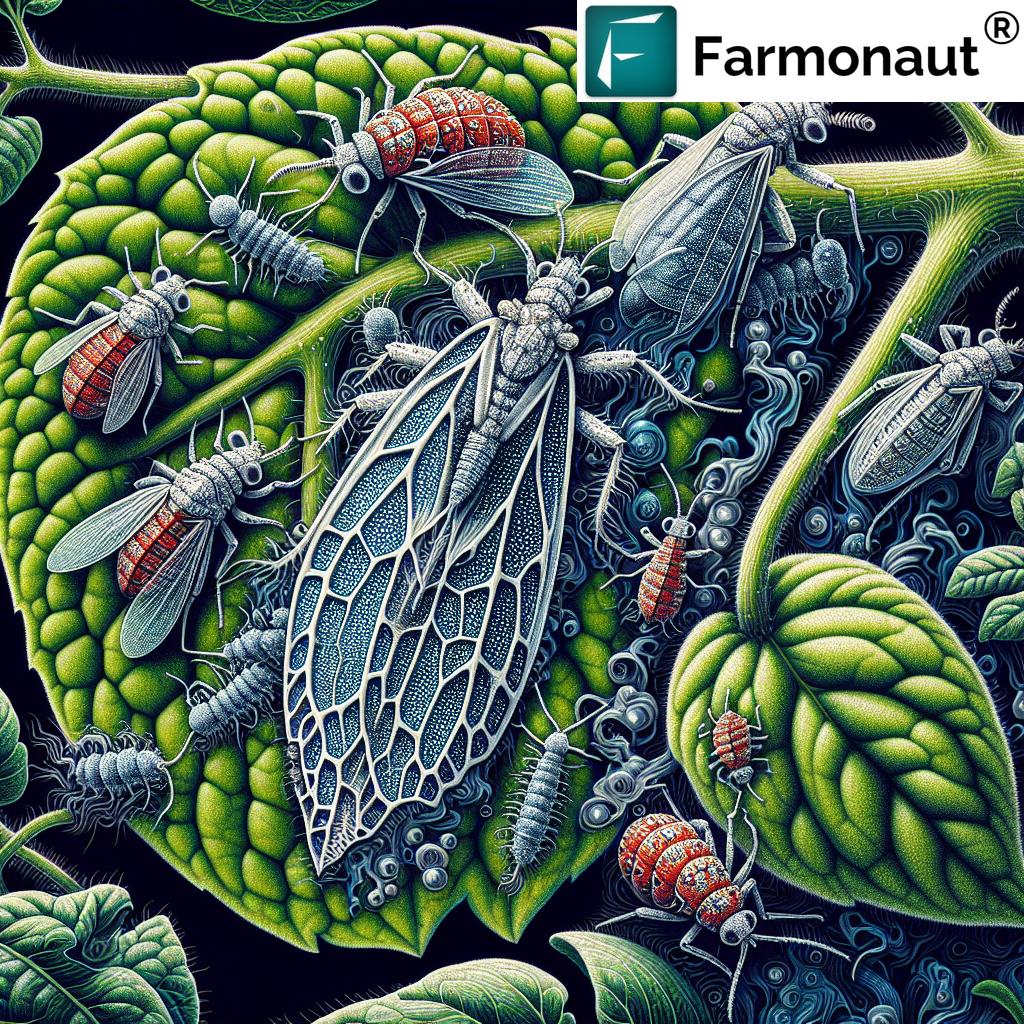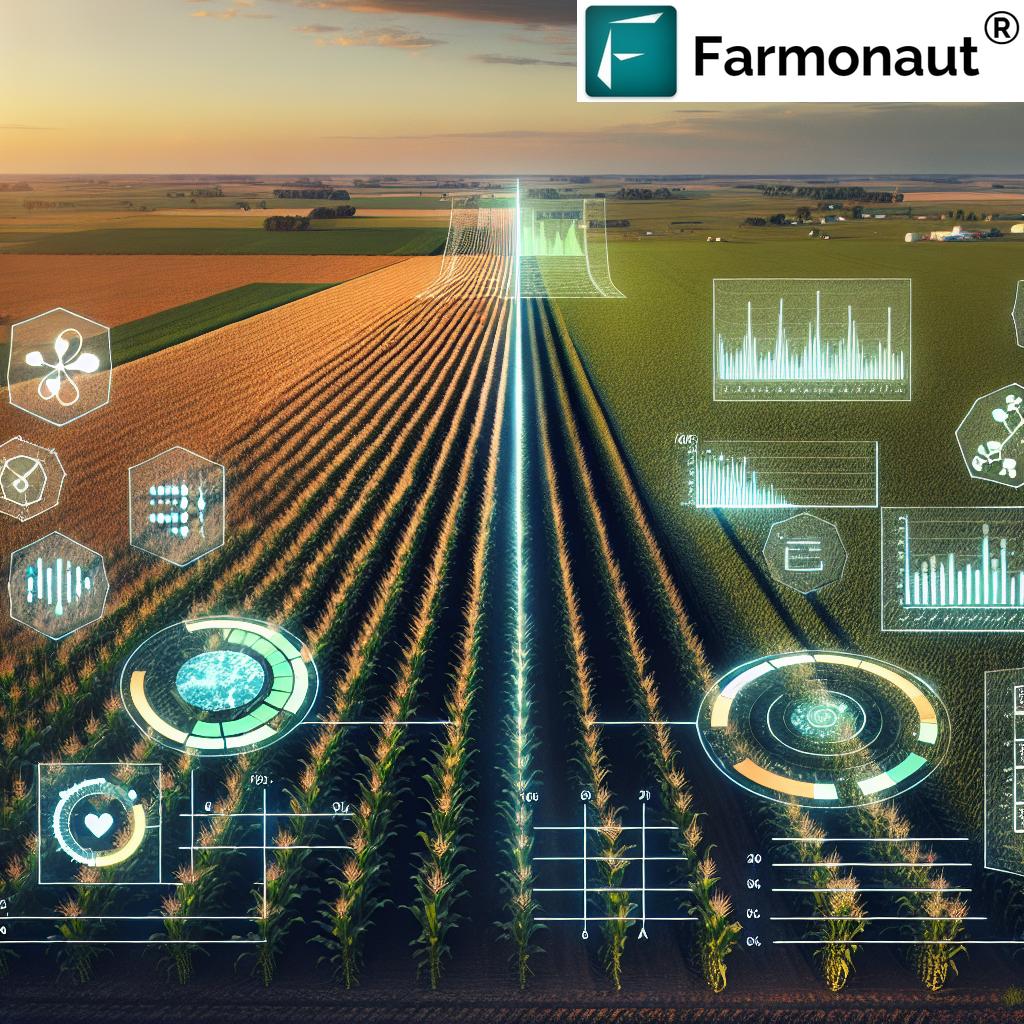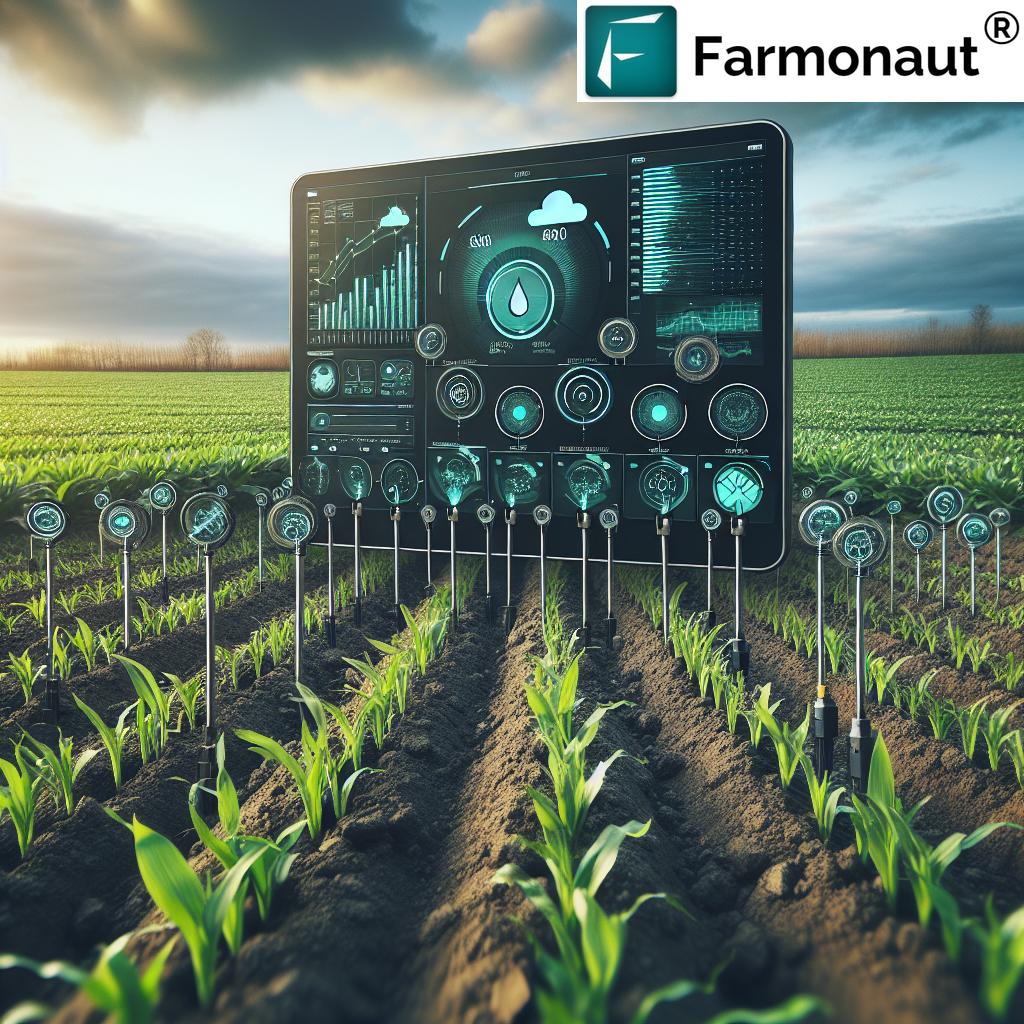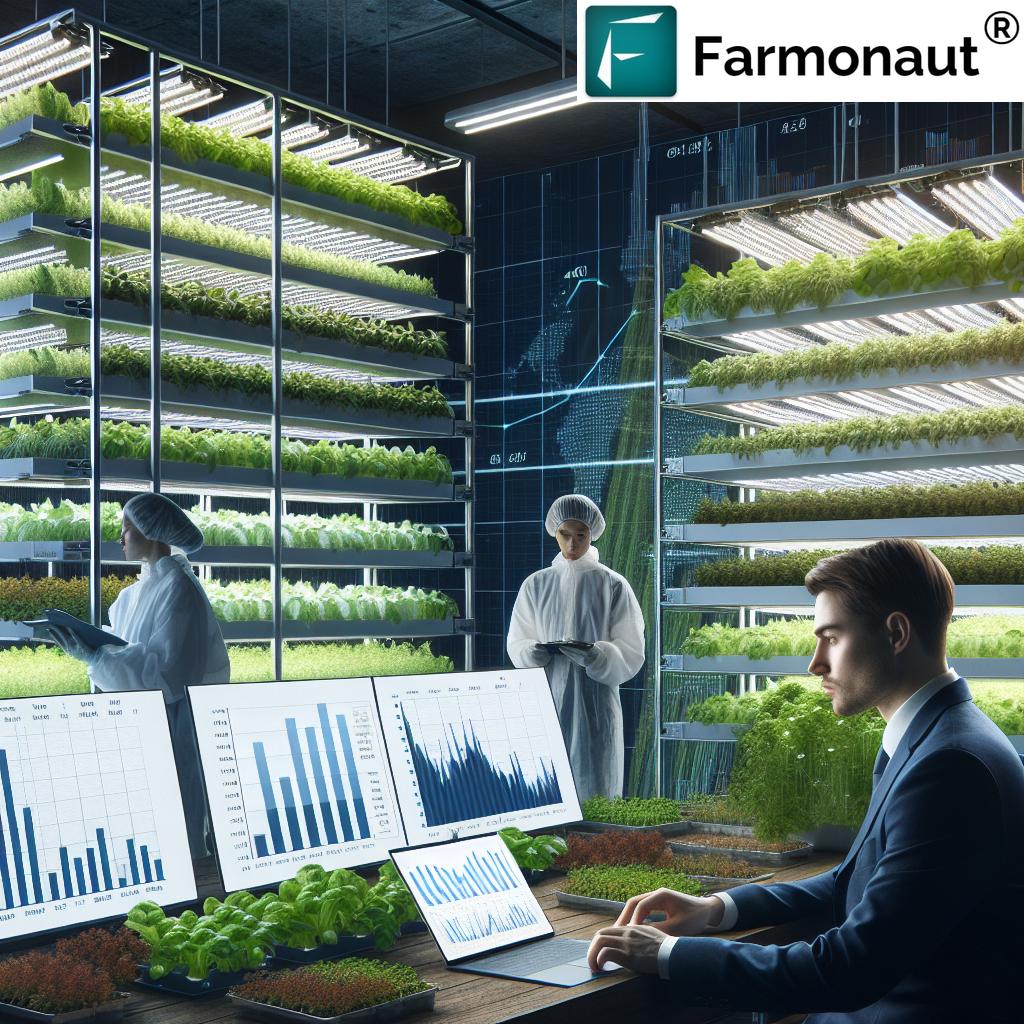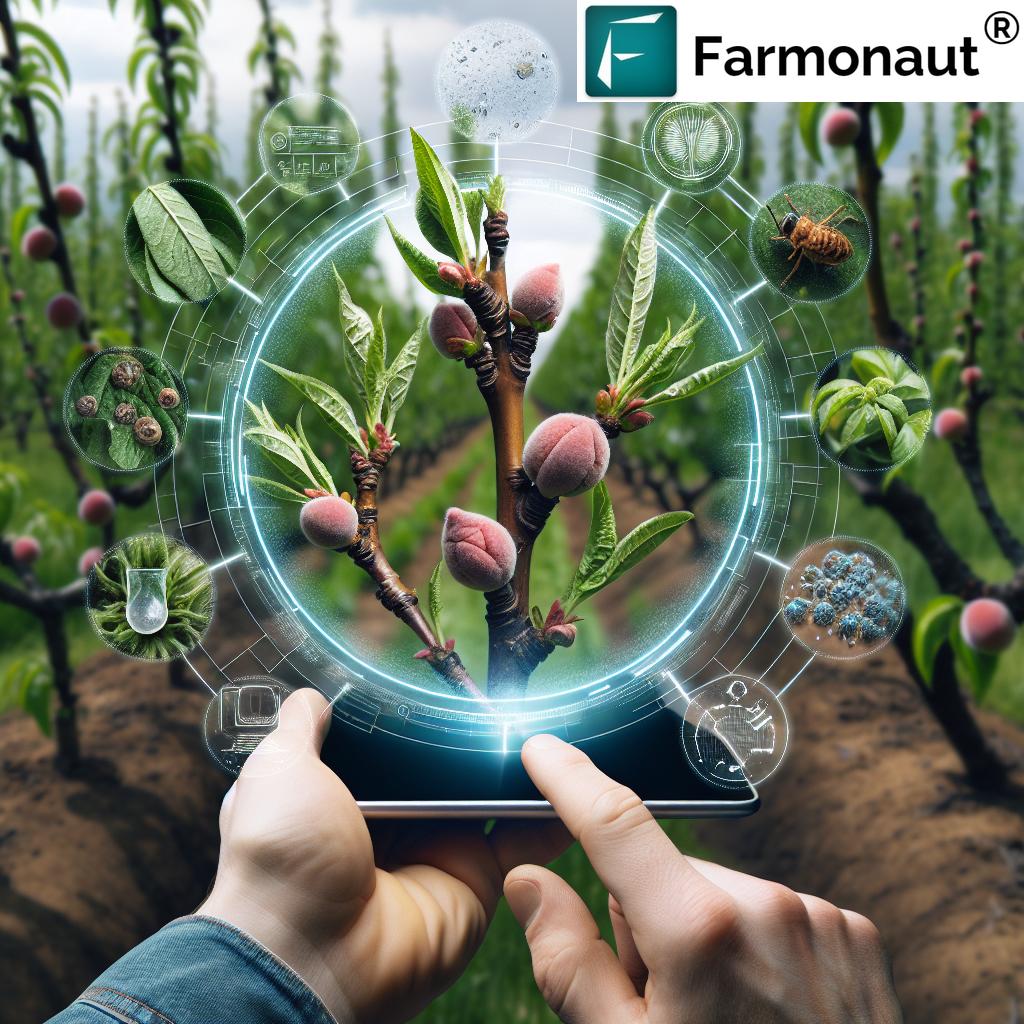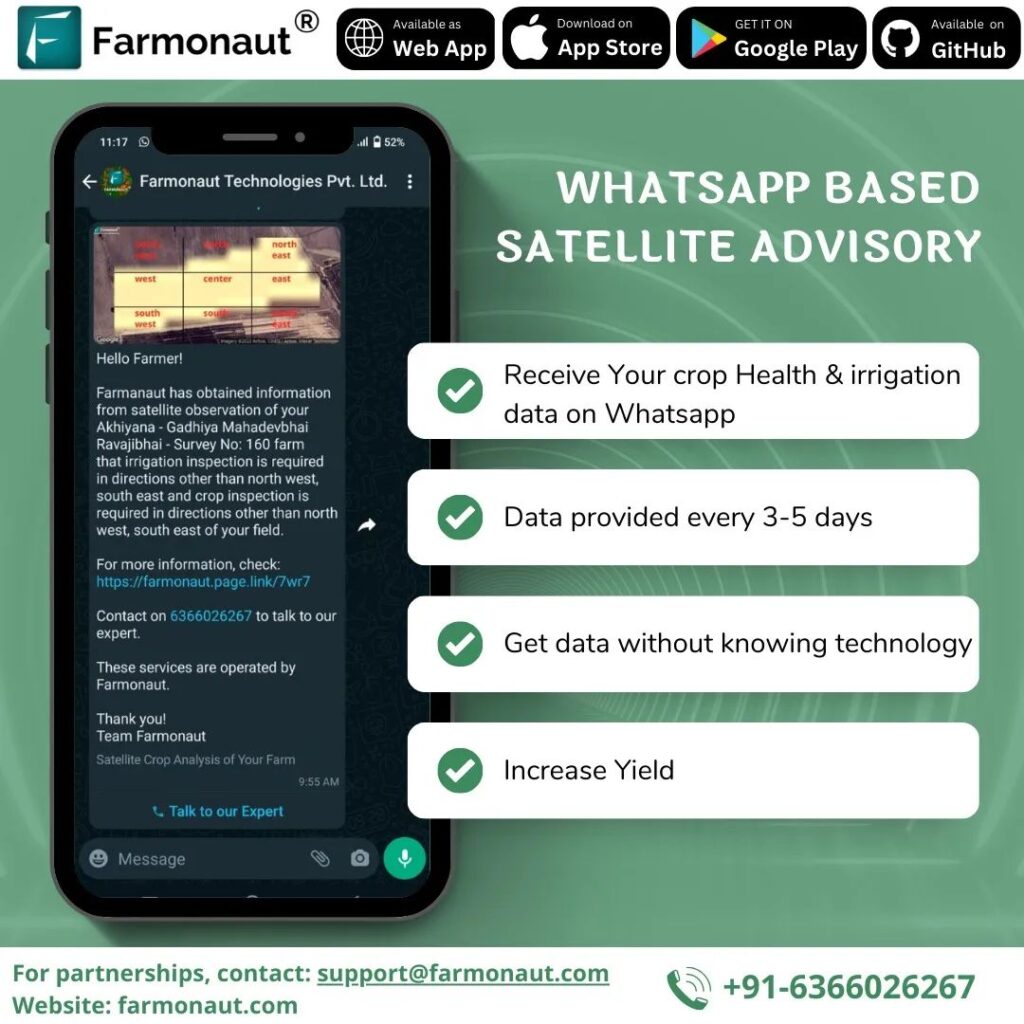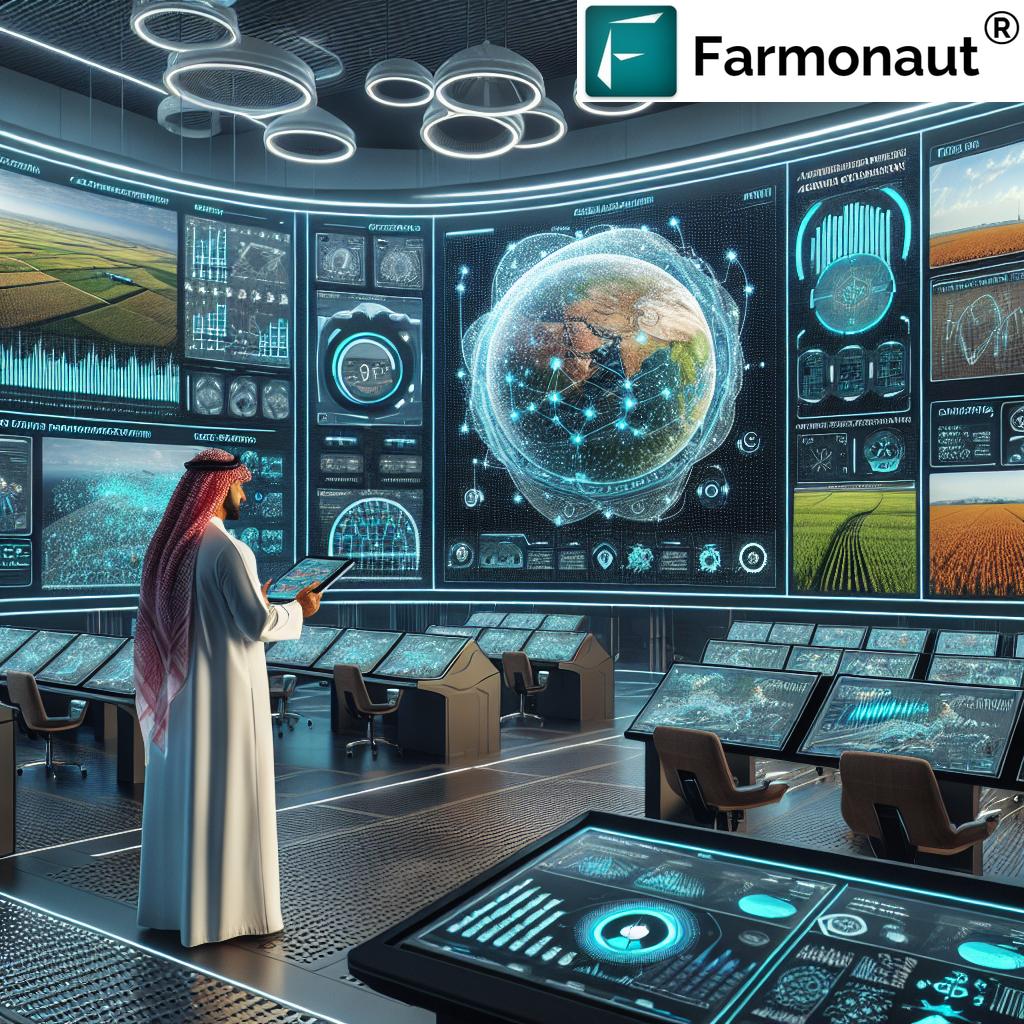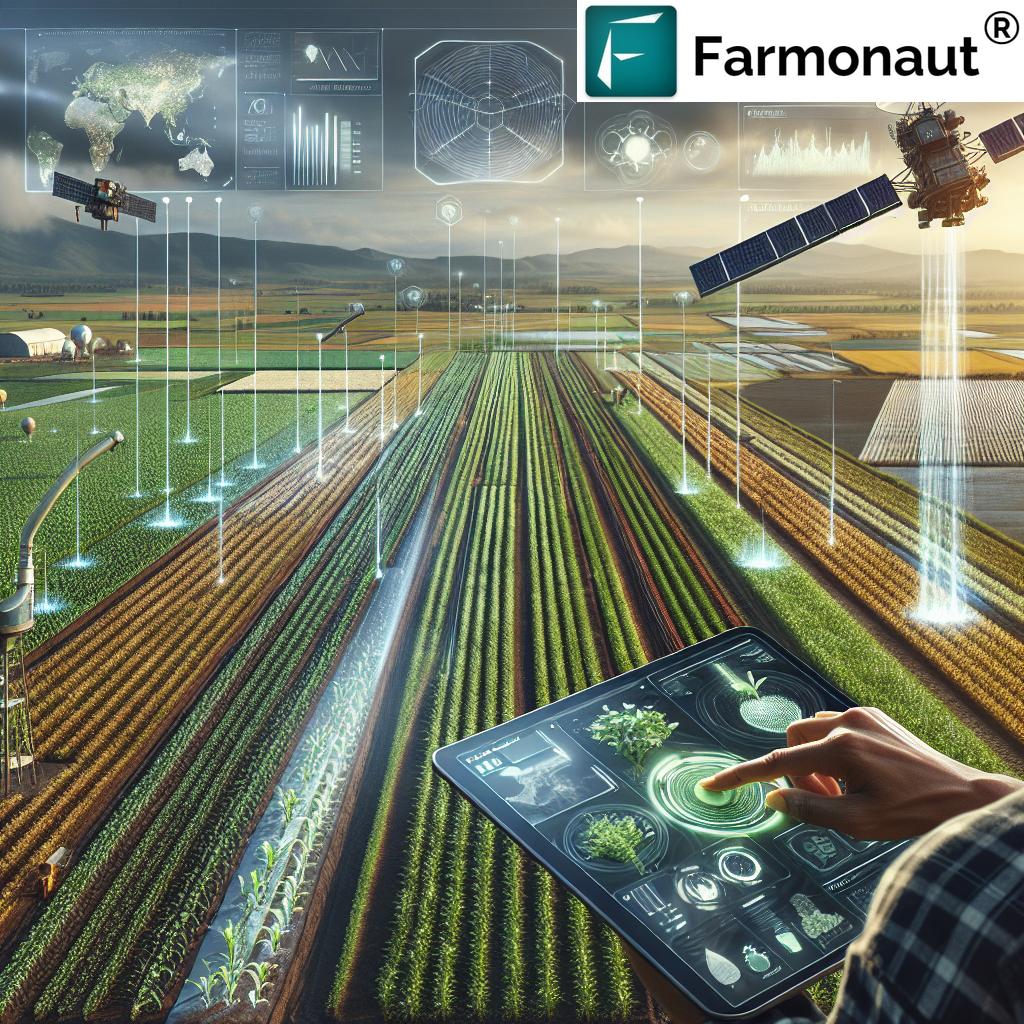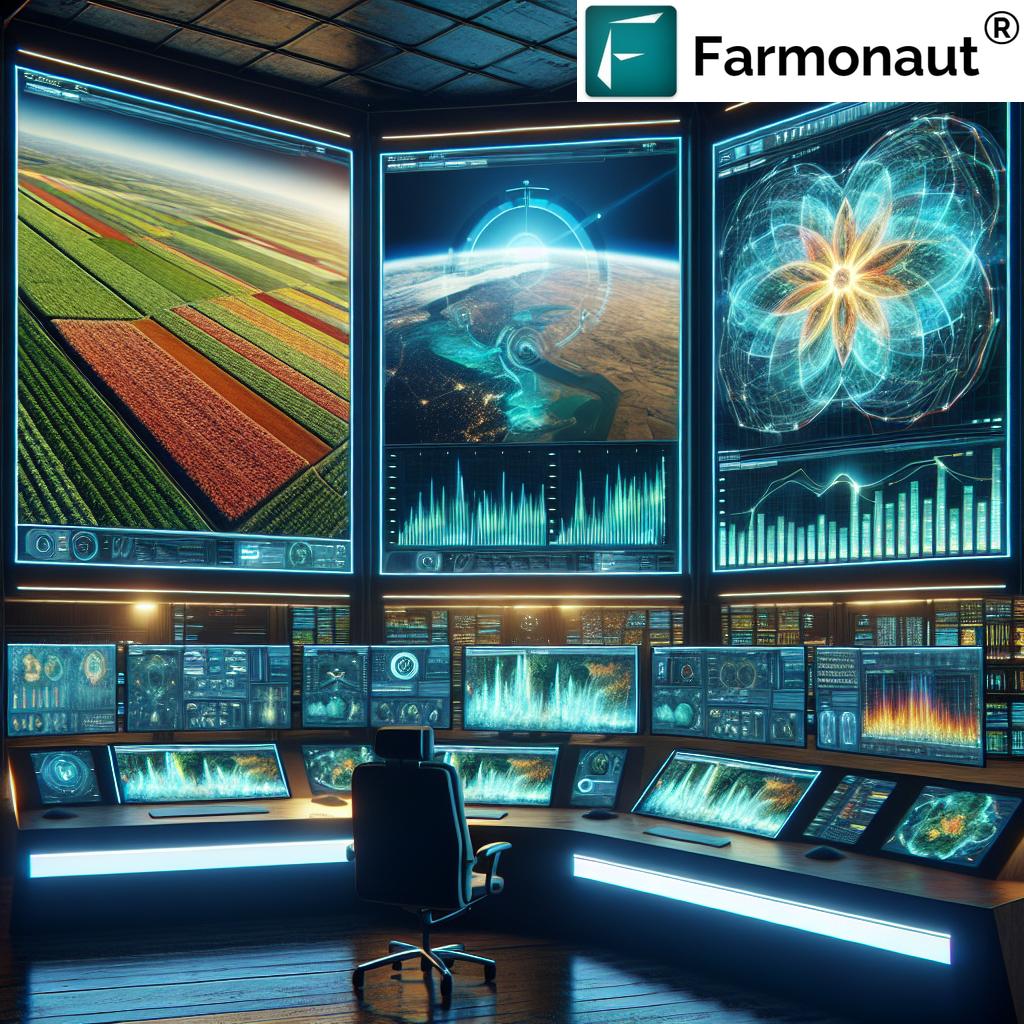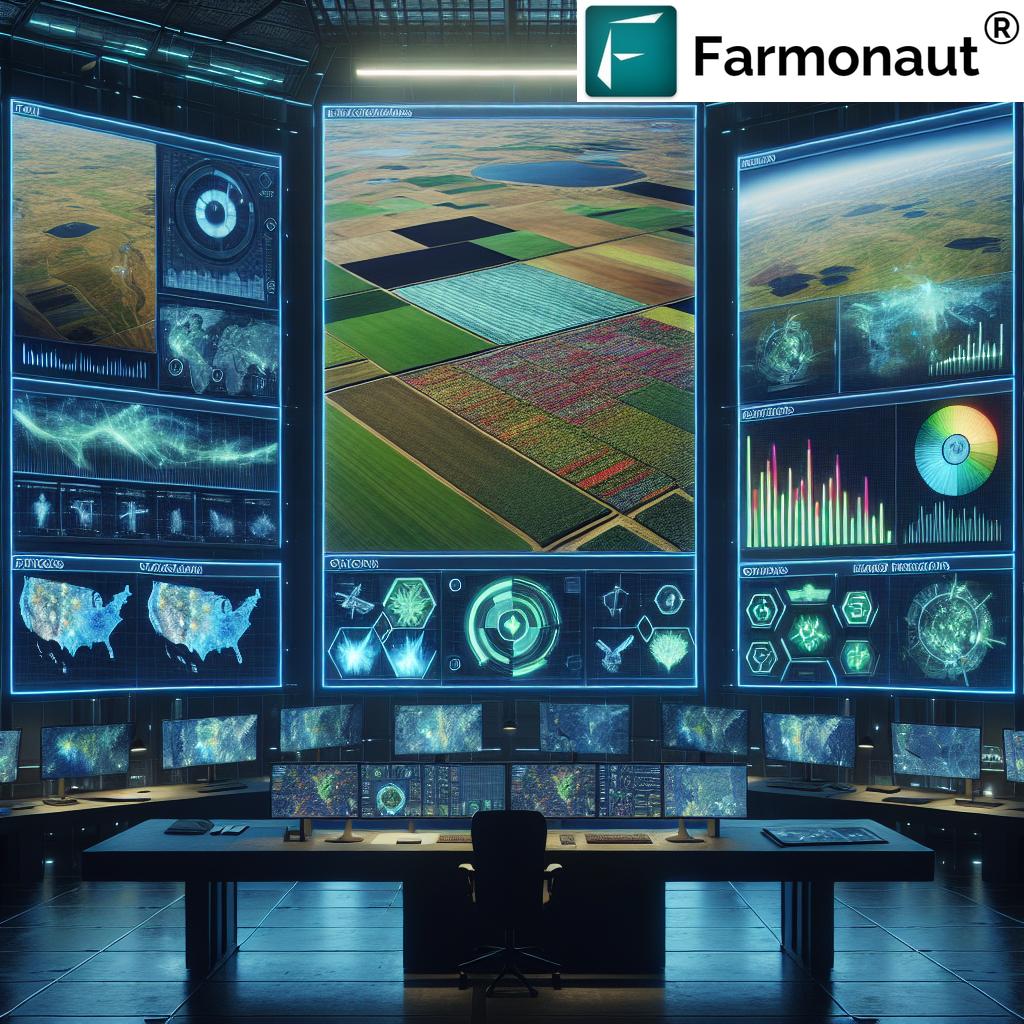Smart Farming System: 7 Shocking Tech Secrets Revealed!
“Over 70% of farmers using smart farming systems report a 20% increase in crop yield within the first year.”
What is a Smart Farming System?
In recent years, we have witnessed a profound transformation in the world of agriculture—one driven by technological innovation and a desire for enhanced productivity, sustainability, and efficiency. At the center of this agricultural revolution lies the Smart Farming System, which leverages advanced technologies such as precision agriculture, artificial intelligence (AI), robotics, data analytics, and the Internet of Things (IoT).
The integration of these technologies is not a futuristic concept—it’s happening now and is rapidly reshaping farming operations, resource management, and sustainable practices around the globe. In this comprehensive guide, we’ll shed light on the seven most shocking tech secrets behind the smart farming system—so let’s delve deeper and discover what’s revolutionizing crop management and the entire agricultural landscape.
Focus Keywords: Smart farming, precision agriculture, IoT in farming, artificial intelligence in agriculture, agriculture technologies, crop monitoring systems, sustainable farming practices, big data analytics in agriculture, automation in agriculture, precision irrigation systems
7 Shocking Tech Secrets in Smart Farming
(How Precision Agriculture and IoT are Revolutionizing Crop Management)
-
1. IoT Sensors: Continuous Crop and Soil Monitoring
IoT in farming involves deploying smart devices—such as soil moisture sensors, temperature and humidity monitors, and smart actuators—across agricultural fields. These IoT-enabled sensors provide real-time data on critical parameters including soil moisture, temperature, and crop health.
- Key Benefits: Enables continuous monitoring, supports timely irrigation, optimizes resource usage, and triggers alerts for anomalies.
- Impact: Farmers can make informed decisions, improving yields and reducing water and fertilizer waste.
- Explore advanced satellite-based crop monitoring systems with Farmonaut
-
2. Artificial Intelligence and Machine Learning: Smart Decision Making
Artificial intelligence (AI) in agriculture is revolutionizing the way we interpret massive volumes of data. Smart farming platforms, powered by AI and machine learning algorithms, can analyze data gathered by sensors and satellites to predict weather patterns, identify disease outbreaks, and recommend optimal times for planting, irrigating, and harvesting.
- Key Benefits: Facilitates precision agriculture, enhancing efficiency and productivity.
- Example: Farmonaut’s Jeevn AI Advisory System delivers personalized crop guidance and weather updates, powered by satellite and AI data.
- Discover how carbon footprint tracking leads to sustainable farming practices.
-
3. Big Data Analytics: Harvesting Insightful Patterns for Success
The aggregation of big data analytics in agriculture involves collecting and processing amounts of data from IoT sensors, satellites, drones, and other sources. With advanced analytics tools, we can identify trends, forecast outcomes, optimize resource allocation, and enhance strategic management.
- Key Benefits: Improves crop yield predictions, reducing risks and supporting long-term planning.
- Streamline your large-scale farm management with actionable analytics from Farmonaut.
-
4. Precision Irrigation Systems: Optimal Water Use
Precision irrigation systems use real-time moisture data from field sensors or satellite imagery to deliver water where and when it’s most needed. This prevents over-watering or under-watering, thereby conserving water and maintaining optimal crop health.
- Key Benefits: Saves up to 30% more water, minimizes runoff, and improves fertilizer efficiency.
- Example: Farmonaut provides soil moisture mapping through satellite-based crop monitoring systems.
- Try Farmonaut’s tools for efficient water and irrigation management.
-
5. Automation and Robotics: Labor Redefined
Automation in agriculture features autonomous machinery—such as self-driving tractors, weeders, and robotic harvesters. These machines perform repetitive and physically demanding tasks like planting, soil preparation, or harvesting with minimal human intervention.
- Key Benefits: Reduces labor costs, increases consistency and efficiency, and allows upscaling of farm operations.
- Optimize your agricultural fleet and resources for maximum productivity.
- Leverage satellite-based crop verification for agricultural loan and insurance processes.
-
6. Drones and Imaging: Eyes in the Sky
Drones equipped with high-resolution cameras and multispectral imaging are invaluable for monitoring crop growth, pest infestations, and disease outbreaks. By capturing aerial data, these devices help farmers rapidly identify issues and deliver treatments exactly where needed.
- Key Benefits: Enables targeted pesticide spraying, speeds up scouting, and reduces chemical usage.
- Example: Farmonaut’s platform utilizes satellite imaging, allowing analyses similar to drone insights but on a much larger scale.
-
7. Blockchain-Based Traceability: Security and Trust in Food Supply
Blockchain technology secures and verifies every stage of crop production, processing, and distribution. This traceability fosters transparency, building consumer trust while minimizing fraud in the food supply chain.
- Key Benefits: Ensures data integrity, simplifies product recalls, and improves compliance for agricultural exports.
- Example: Farmonaut’s Blockchain-Based Product Traceability offers industry-grade transparency for agricultural products.
Learn how product traceability elevates food security and market competitiveness.
“Precision agriculture technologies can reduce fertilizer usage by up to 30%, significantly lowering environmental impact.”
Comparative Smart Farming Technology Benefits Table
| Technology Name | Primary Function | Estimated Increase in Yield (%) |
Estimated Resource Savings (%) |
Notable Advantages | Typical Application |
|---|---|---|---|---|---|
| IoT Sensors | Monitor soil moisture, temperature, crop health | 15-20% | 20-30% (water, fertilizers) | Real-time, actionable insights; reduced input waste | Crop monitoring systems, smart irrigation |
| AI & Machine Learning | Analyze farm data for predictions & advisories | 10-25% | 15-25% (optimized usage of inputs) | Predictive analytics; targeted recommendations | Disease/pest alerting, weather forecasting |
| Big Data Analytics | Identify patterns, support strategic farm planning | 8-18% | 20% (decisions, resource allocation) | Historical trend analysis, informed management |
Portfolio and large-scale farm management |
| Precision Irrigation | Deliver water where and when needed | 12-20% | 30-40% (water savings) | Prevents waste, improves crop resilience | Smart irrigation systems |
| Automation & Robotics | Automate repetitive and labor-intensive tasks | 10-20% | 50% (labor), 20% (inputs) | Higher operational efficiency, reduced costs | Robotic harvesters, autonomous tractors |
| Drones & Imaging | Aerial crop monitoring, mapping fields | 10-25% | 25% (pesticides) | Rapid detection; precision applications | Field scouting, pest/disease detection |
| Blockchain Traceability | Secure, transparent product journey records | 5-10% | 10% (fraud reduction, compliance) | Builds trust, improves supply chain accountability | Supply chain management, export documentation |
Key Applications of Precision Agriculture Technologies
- Precision Crop Management: We can analyze soil conditions and crop health to apply fertilizers, pesticides, and water precisely, reducing waste and environmental impact, while enhancing yields.
- Livestock Monitoring: Wearables and sensors placed on animals track real-time health, behavior, and location, enabling early disease detection and overall welfare improvement.
- Automated Irrigation Systems: Smart irrigation systems adjust water delivery based on live soil moisture analysis, conserving water and ensuring optimal crop hydration.
- Pest and Disease Control: AI-powered analytics detect early signs of infestations or diseases using data from drones, sensors, and satellites, enabling timely intervention and minimizing losses.
- Supply Chain Transparency: Blockchain-powered traceability systems ensure each product’s origin is transparent, improving food security and consumer trust.
How Farmonaut Empowers Smart Farming
At Farmonaut, we are at the forefront of smart farming technology, committed to making precision agriculture accessible to all types of farmers—regardless of their location or farm size.
-
Satellite-Based Crop Health Monitoring:
Our platform provides real-time crop health data, including NDVI and soil moisture maps, enabling farmers to monitor their fields with exceptional accuracy. This helps optimize irrigation, fertilizer application, and pest management.
Use Case: In dry regions or large estates, satellite insights replace costly in-field hardware, giving consistent, season-long field visibility. -
Jeevn AI Advisory System:
Our exclusive AI-driven advisory system harnesses both satellite and ground data to deliver timely, personalized crop management recommendations and weather forecasts, tailored for each field. -
Blockchain-Based Product Traceability:
We provide blockchain-backed traceability so agri-producers and processors can secure their supply chains and offer end-to-end transparency—a must for exports and premium food business. -
Fleet and Resource Management:
Using our integrated fleet management tools, agribusinesses now track vehicles, reduce idle time, and minimize operational costs on the go. -
Carbon Footprinting:
By tracking carbon emissions, agribusinesses can monitor and reduce their environmental impact, aligning with global sustainability standards and eco-friendly branding. -
Satellite-Based Loan and Insurance Verification:
Lenders and insurance providers utilize our platform to rapidly verify crop conditions and mitigate fraud, making financing more accessible for farmers. -
API and App Ecosystem:
Our services are available across Android, iOS, Web (Browser App), and API (API Access | Developer Docs), giving the flexibility to track and manage farms from anywhere. -
Scalability and Affordability:
We operate a subscription-based model with tiered pricing for smallholders, agribusinesses, and government agencies—making smart farming affordable and scalable worldwide.
Economic and Environmental Benefits of Smart Farming Systems
- Substantial Cost Reduction: Automation reduces labor costs, while IoT in farming and precision agriculture optimize fertilizer, water, and pesticide usage—cutting operational expenses.
- Increased Productivity and Efficiency: Data-driven decisions, crop-specific advisories, and precision techniques significantly improve crop yields and resource utilization.
- Environmental Sustainability: Advanced technologies like precision irrigation systems minimize environmental impact by reducing overuse of chemicals and conserving water.
- Improved Crop Quality: Enhanced monitoring reduces pest and disease outbreaks, resulting in higher-quality produce and compliance with food safety regulations.
- Financial Access: Satellite-based crop verification streamlines loan and insurance processes, making credit and risk protection more accessible.
- Transparency and Trust: Blockchain traceability builds consumer confidence in the supply chain, a vital asset in premium and international markets.
Challenges and Key Considerations in Implementing Smart Farming
- High Initial Investment: Even with affordable solutions like Farmonaut, some advanced tools (robotics, in-field IoT networks) may have high upfront costs—especially for small-scale farmers.
- Need for Technical Expertise: Implementing and managing smart systems requires knowledge in technology and data analysis, necessitating training and support.
- Data Security and Privacy: Collecting large amounts of farm data raises security and privacy concerns. Robust data protection and ethical policies ensure trust.
- Infrastructure Limitations: Reliable internet and power supply can be a hurdle in remote or underdeveloped agricultural regions.
- Change Management: Adopting new technologies may face resistance. Demonstrating clear ROI and providing user-friendly solutions is essential.
A Glimpse Into the Future of Smart Agriculture
The global momentum behind smart farming and precision agriculture is accelerating. Countries are betting on digital agricultural transformation to tackle food security and sustainability challenges. For instance, China’s ambitious national strategy highlights the integration of big data analytics, GPS, and AI into farming for nationwide impact.
- Expanded IoT Networks: Cheaper, more robust sensors will make field-level monitoring universal.
- Advanced AI and Predictive Models: Ongoing farm data collection will yield even more accurate and hyper-localized advisories.
- Blockchain-Powered Marketplaces: We’ll see supply chain transparency and secured provenance become industry standards.
- Low-Barrier Mobile Platforms: Apps (like Farmonaut) will make data-driven farming viable anywhere, even for “offline first” users.
- Sustainability at the Core: Carbon tracking and eco-certificate compliance will be critical business drivers globally.
As these technologies continue to evolve, smart farming will further optimize resource use, reduce environmental footprint, and ensure food security for generations to come.
Frequently Asked Questions (FAQ) on Smart Farming Systems
-
What is a smart farming system?
A smart farming system uses digital technologies like IoT, AI, robotics, and big data analytics to monitor, analyze, and manage farm operations with high accuracy and efficiency. -
How can smart farming increase productivity?
By delivering the right amount of water, nutrients, and pesticides at the right time, and by providing actionable insights through real-time crop monitoring systems. -
Is it cost-effective for small-scale farmers?
Yes! Innovations like satellite-based crop health monitoring (such as Farmonaut’s services) eliminate the need for costly hardware, making precision agriculture affordable even for small farms. -
How does blockchain benefit agriculture?
Blockchain-based traceability ensures food safety, transparency, and consumer trust by recording every step in the food supply chain securely. -
What are the main challenges in adopting smart farming technologies?
Potential hurdles include initial investment, the need for digital skills, infrastructure gaps (like internet connectivity), and concerns over data security and privacy. -
How does Farmonaut contribute to smart farming?
Farmonaut democratizes access to precision agriculture with satellite-driven solutions, AI advisories, blockchain traceability, and farm management tools for every scale of agricultural operations. -
Where can I access Farmonaut’s products?
You can use Farmonaut via Android, iOS, Web App, or integrate data with our API. Get all documentation here.
Ready to Embrace Smart Farming? Start with Farmonaut!
Join thousands of farmers, agribusinesses, and organizations worldwide who are maximizing their yields, conserving resources, and building sustainable agri-businesses with Farmonaut.
Custom solutions for large plantations, crop advisory, and forestry:
Learn more about precision crop, plantation, and forestry advisory tools here.
Farmonaut Subscription Options
Conclusion: Embrace the Future of Smart Farming for a Sustainable Tomorrow
Smart farming systems are transforming agriculture into a data-driven, sustainable, and highly productive industry. By integrating IoT in farming, artificial intelligence, drones, big data analytics, and blockchain, we are not only boosting crop yields and efficiency, but also minimizing environmental impact and building resilient supply chains.
With Farmonaut’s suite of advanced solutions, every farmer and agribusiness—regardless of size—can now participate in this global agricultural revolution. Our commitment to affordable, accessible, and effective precision agriculture is paving the way for food security, environmental stewardship, and a thriving rural economy.
Ready to transform your farming operations? Explore our web, mobile apps, or API today, and take your first step toward smarter, more sustainable agriculture!


